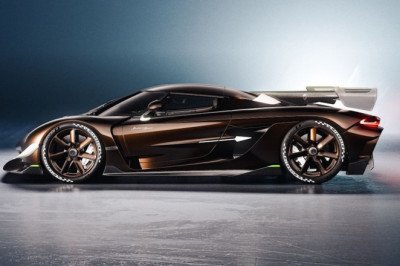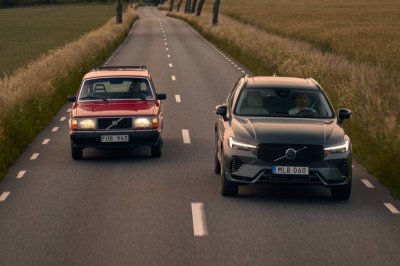
Drivers have been given the main reasons why new car prices are at an all-time high, with many of the UK's most popular models rising by thousands in the past decade. While many motorists are concerned about rising key motoring costs, such as road tax and insurance, it has never been more expensive to buy a new model, with even the entry-level Dacia Sandero now priced at £14,715.
Phil MacNamara, Editor at Large of the motoring publication Auto Express, noted that the Covid pandemic and resulting semiconductor shortage caused many car brands to focus on more expensive models. He explained: "Covid-19 interrupted the status quo of Europe’s car factories churning out more cars than there were customers, which had constrained transaction prices. Semiconductors became headline news, with a ‘chips crisis’ meaning manufacturers could only build a finite number of cars, so they focused on expensive, higher margin models such as SUVs, and EVs to help meet emissions targets."

While new car prices can vary by hundreds of thousands of pounds, there is not a major difference in the cost of producing most family models. As a result, many manufacturers quickly phased out their smallest city cars, with models like the Citroen C1, Volkswagen Up!, and Ford Ka+ all being axed.
More recently, even best-selling superminis, such as the petrol-powered Nissan Micra and Ford Fiesta, were also removed from dealerships in favour of more expensive compact crossovers.
Auto Express also noted that several car manufacturers also decided to go upmarket after the pandemic, including Mercedes-Benz, Kia, and most recently Jaguar.

We use your sign-up to provide content in ways you've consented to and to improve our understanding of you. This may include adverts from us and 3rd parties based on our understanding. You can unsubscribe at any time. Read our Privacy Policy
Phil noted that the increasing focus on larger and more luxurious cars has typically resulted in higher running costs.
He added: "Dacia’s vice president of product performance Patrice Lévy-Bencheton told us that, since the millennium, European cars have bloated by a remarkable 21%, triggering a 56% increase in engine power with upgraded mechanicals adding cost.
"This leads to a vicious cycle. More weight and more power means more consumption and emissions. But at the same time we have to meet the European green deal constraints which are good for the planet."
Nevertheless, whilst many drivers are already lamenting pre-pandemic cars and their prices, Auto Express highlighted a new wave of more affordable electric hatchbacks.
In addition to the Dacia Spring and Leapmotor T03, which are already on the market at £14,995 and £15,995, respectively, various traditional car brands are developing new entry-level EVs.
This includes the Volkswagen ID.1 and Renault Twingo E-Tech - both of which aim to be sold in mainland Europe for less than €20,000 (around £17,000).















Facebook Conversations